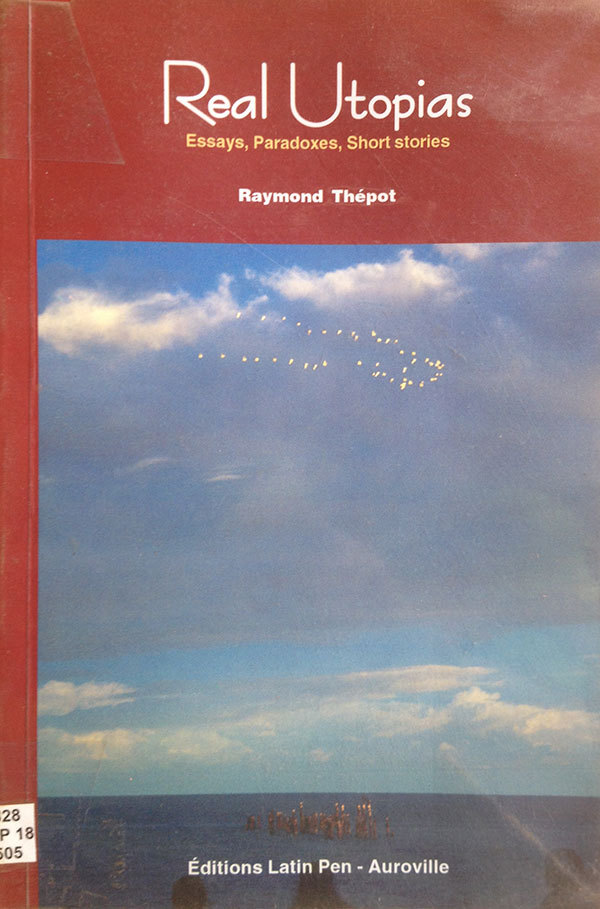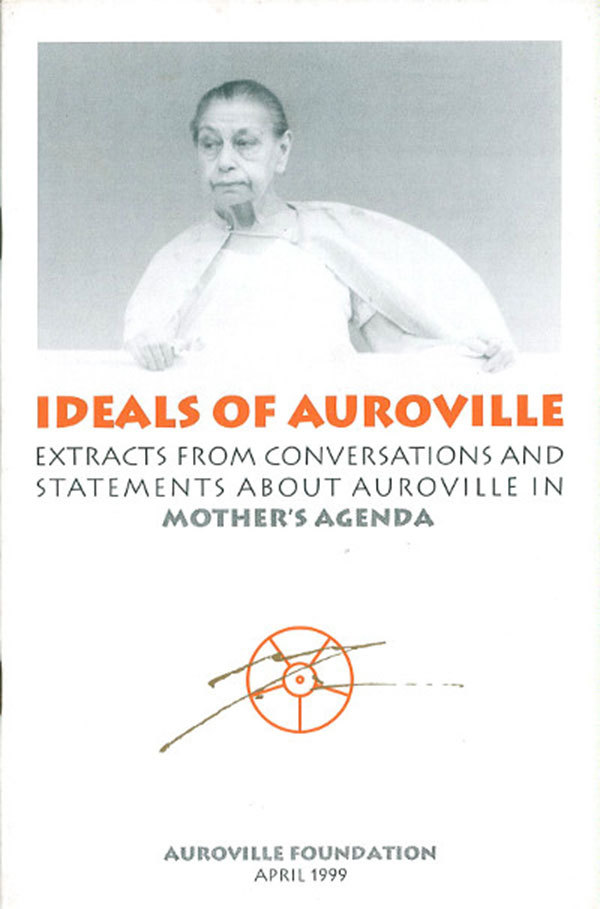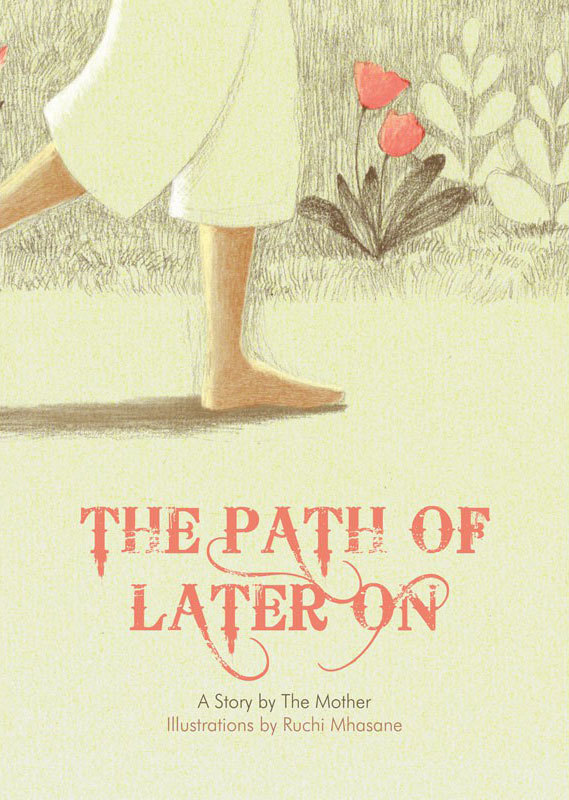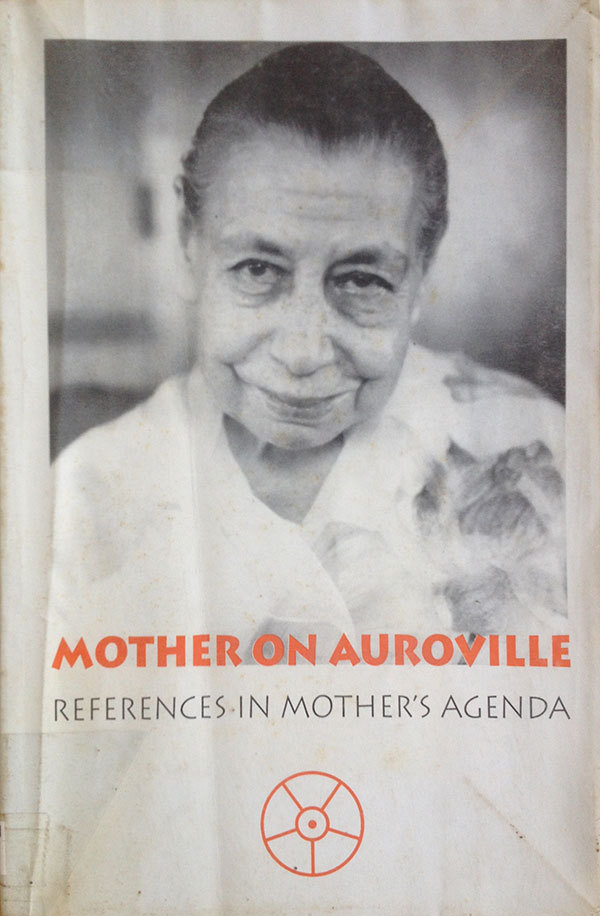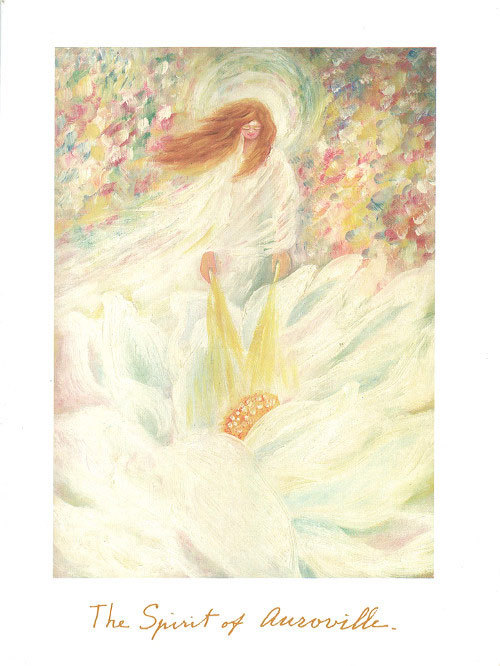Last updated:
Savitri
Sri Aurobindo's revelatory epic poem
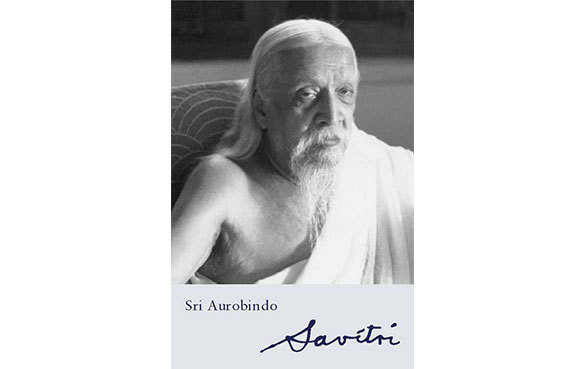
by Sri Aurobindo
Widely integrated in Auroville's dialectics is, of course, its Charter, but so are quotations from and references to the text of Sri Aurobindo's epic poem 'Savitri'. The book's depth-in-depth-in-depth mantric richness and force is loved and used by all, and you will find repeated references to it on this site.
A legend and a symbol
Savitri is Sri Aurobindo's revelatory mantric epic poem. The Mother has referred to it as "the supreme revelation of Sri Aurobindo's vision". The writing of Savitri extended over much of the later part of Sri Aurobindo's life. The first known manuscript dates from 1916. By around 1930 he had begun to turn it into an epic with a larger scope and deeper significance. Transformed into 'A Legend and a Symbol' Savitri became his major literary work which he continued to expand and perfect until his last days. In the late 1940s, when his eyesight was failing, he took the help of a scribe, Nirodbaran, and dictated the extensive final stages of revision. It was the last thing he worked on, a few days before leaving his body in December 1950.
Sri Aurobindo on Savitri
In his 'Author's Note' to the poem, Sri Aurobindo writes :
"The Tale of Satyavan and Savitri is recited in the Mahabharata as a story of conjugal love conquering death. But this legend is, as shown by many features of the human tale, one of the many symbolic myths of the Vedic cycle. Satyavan is the soul carrying the divine truth of being within itself but descended into the grip of death and ignorance; Savitri is the Divine Word, daughter of the Sun, goddess of the supreme Truth who comes down and is born to save; Aswapati, the Lord of the Horse, her human father, is the Lord of Tapasya, the concentrated energy of spiritual endeavour that helps us to rise from the mortal to the immortal planes; Dyumatsena, Lord of the Shining Hosts, father of Satyavan, is the Divine Mind here fallen blind, losing its celestial kingdom of vision, and through that loss its kingdom of glory. Still this is not a mere allegory, the characters are not personified qualities, but incarnations or emanations of living and conscious Forces with whom we can enter into concrete touch and they take human bodies in order to help man and show him the way from his mortal state to a divine consciousness and immortal life."
Mother about Savitri
"Savitri, this prophetic vision of the world's history, including the announcement of the earth's future."
(from the introduction to Meditations on Savitri, vol. 1, 1964)
"The importance of Savitri is immense. Its subject is universal. Its revelation is prophetic. The time spent in its atmosphere is not wasted."
(from the message for the Meditations on Savitri exhibition, 1967)
She wrote that Savitri is:
"The daily record of the spiritual experiences of the individual who has written."
"A complete system of yoga which can serve as a guide for those who want to follow the integral sadhana."
"The yoga of the Earth in its ascension towards the Divine."
"The experiences of the Divine Mother in her effort to adapt herself to the body she has taken and the ignorance and falsity of the earth upon which She has incarnated."
(MCW 13:24)
She said in a diary containing quotations from Savitri:
Some extracts from Savitri, that marvellous prophetic poem which will be humanity's guide towards its future realisation.
(27.11.1963 MCW 16:24)
On other occasions she said:
"For the opening of the psychic, for the growth of consciousness and even for the improvement of English it is good to read one or two pages of Savitri each day."
(to Norman Dowsett)
"I believe that it is his message; all the rest are the preparations, but Savitri is the message."
(In 1963, to Satprem (MA 1963:86)
"Savitri is a mantra for the transformation of the world."
(to Udar Pinto)
Visit Savitri website: http://savitrithepoem.com
Get Free e-Book: http://www.auro-ebooks.com/savitri (Pdf, ePub, Kindle)
-
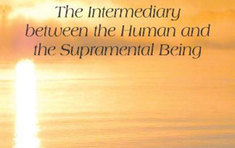
Overman: The Intermediary between the Human and the Supramental Being
-
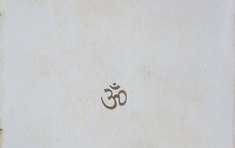
Immortal India - Towards the Ideal Society
-
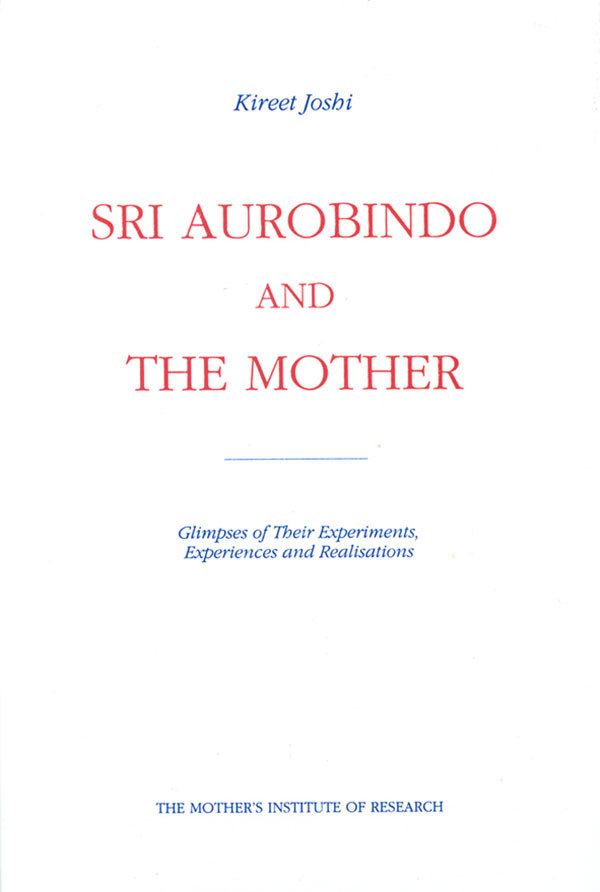
Sri Aurobindo and the Mother
-
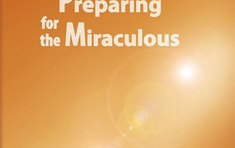
Preparing for the Miraculous
-

Beyond Man
-
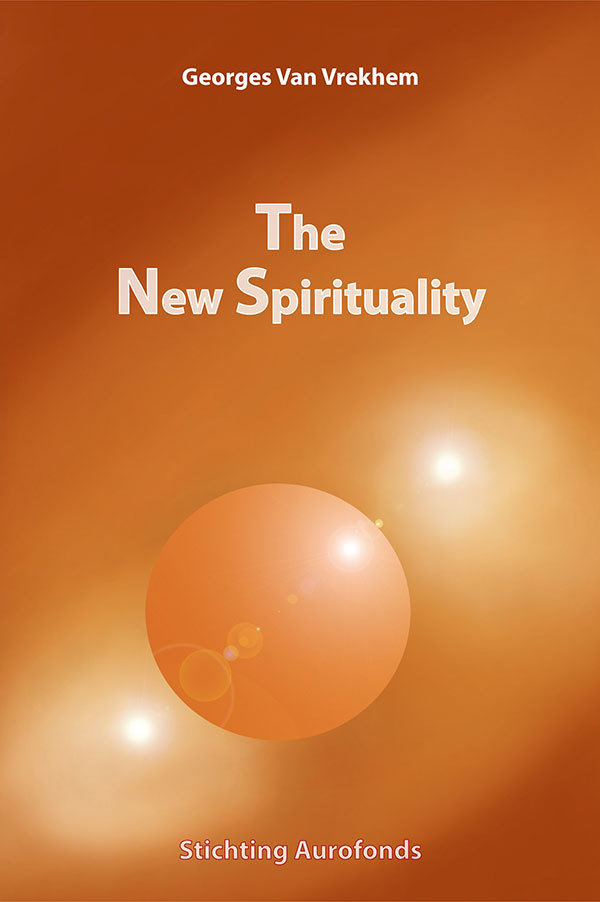
The New Spirituality
-
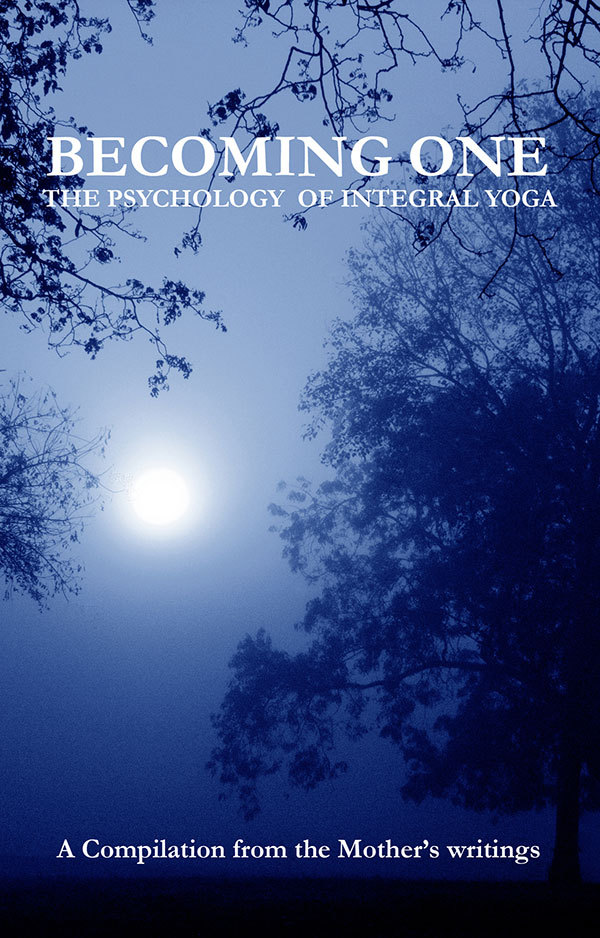
Becoming One: The Psychology of Integral Yoga
-
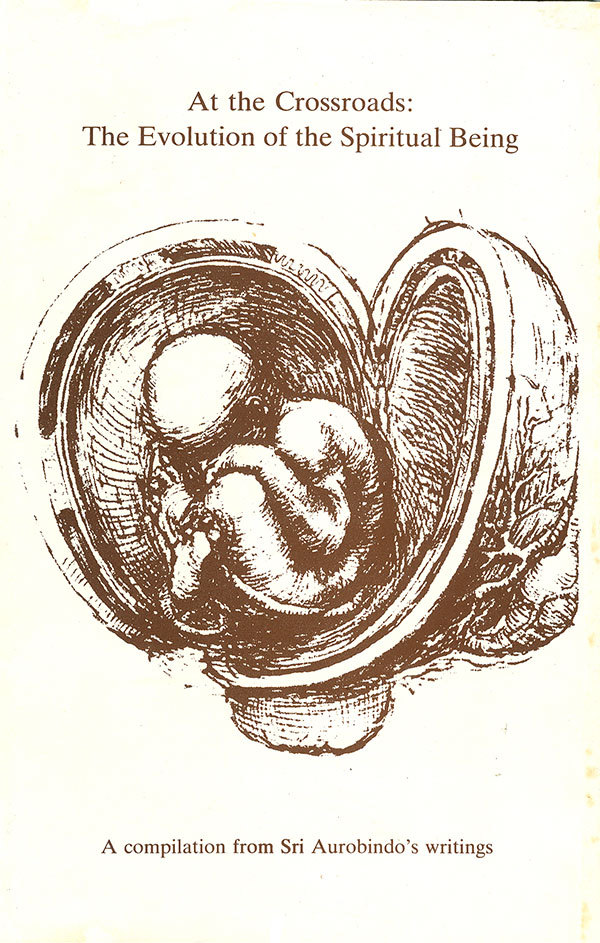
At the Crossroads: The Evolution of the Spiritual Being
-
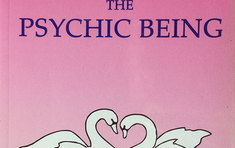
Finding the Psychic Being
-
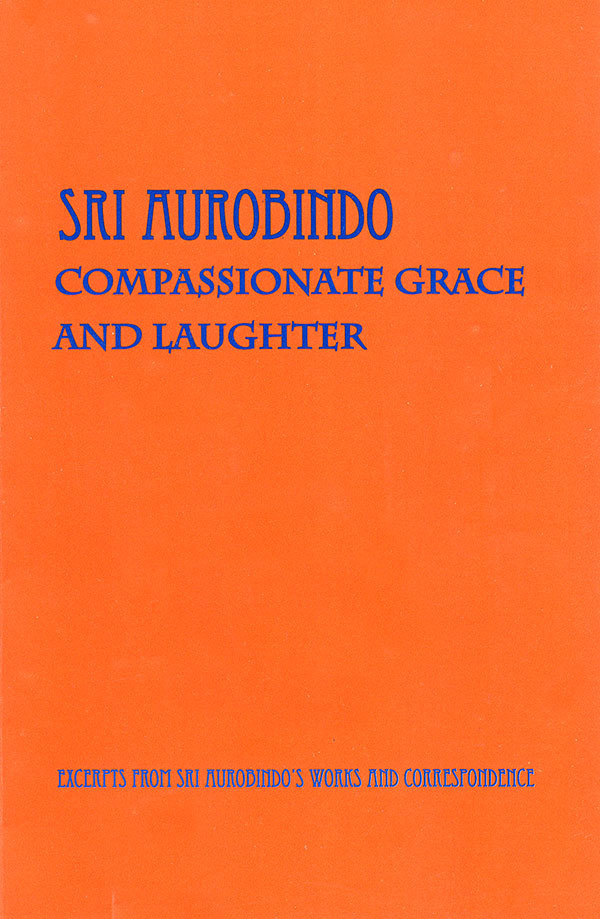
Sri Aurobindo: Compassionate Grace and Laughter
-

Veda-Weisheit
-
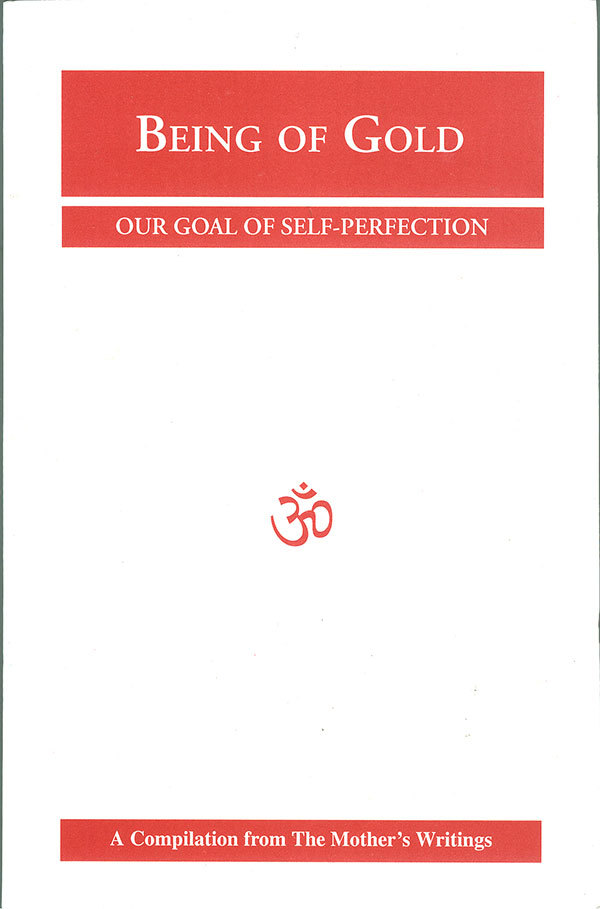
Being of Gold: Our Goal of Self-Perfection
-
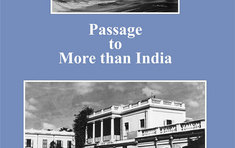
Passage to More than India
-
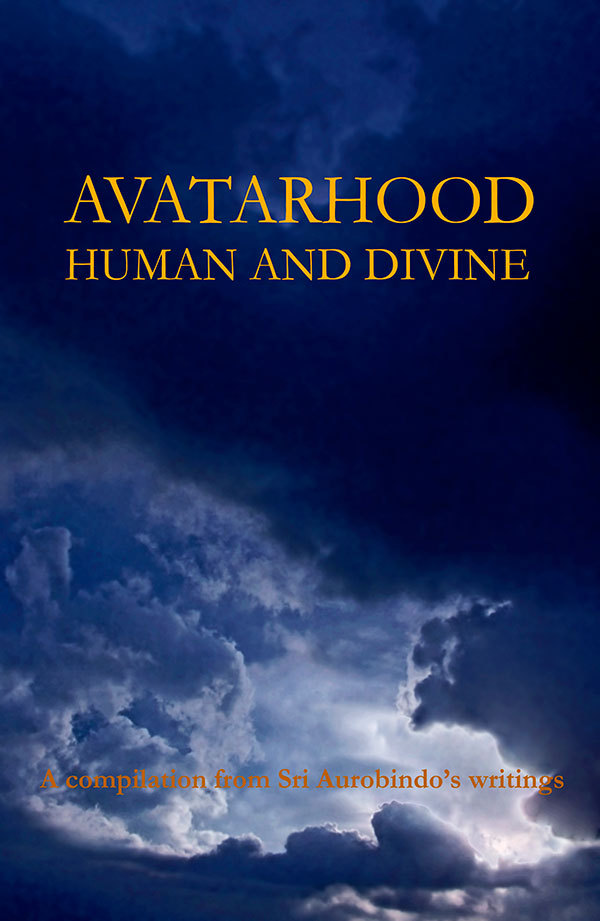
Avatarhood: Human and Divine
-
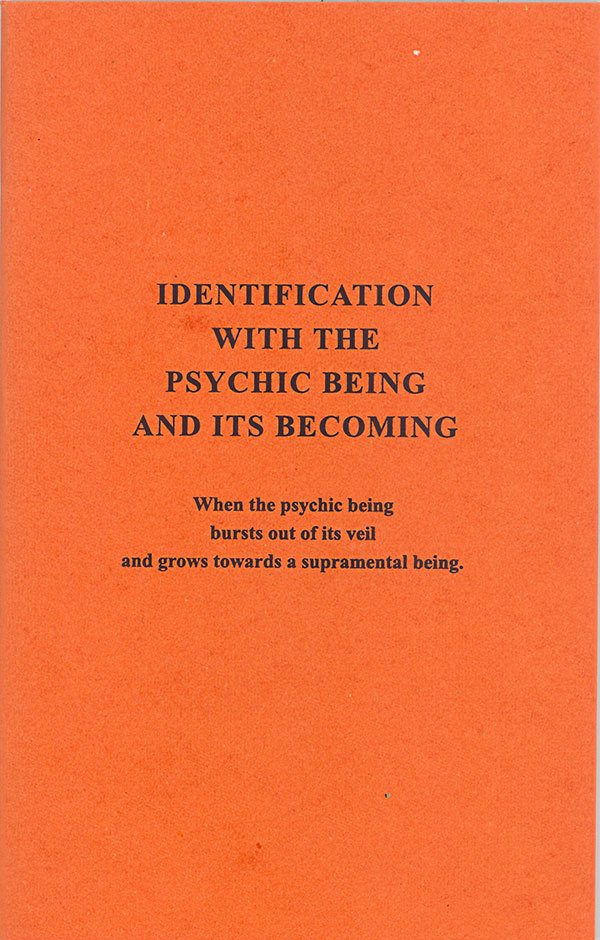
Identification with the Psychic Being and It's Becoming
-
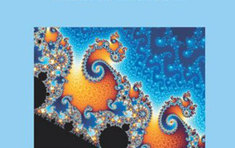
Patterns of the Present
-
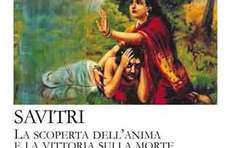
Savitri: La scoperta dell'Anima e la vittoria sulla Morte
-
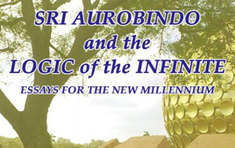
Sri Aurobindo and the Logic of the Infinite: Essays for the New Millennium
-
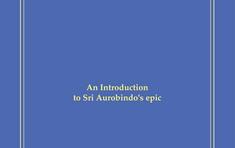
Savitri - The Golden Bridge, the Wonderful Fire
-
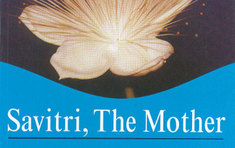
Savitri, the Mother
-
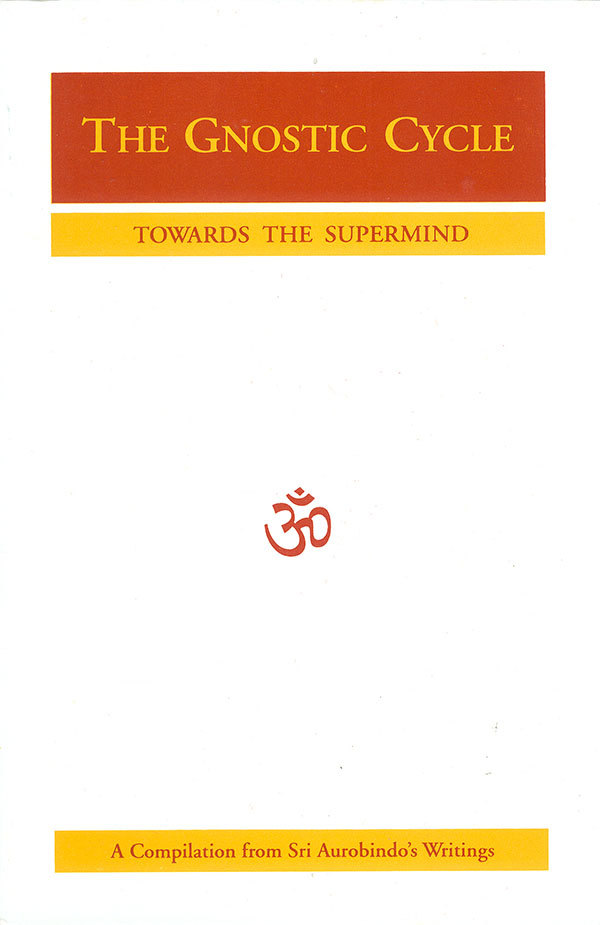
The Gnostic Cycle: Towards the Supermind
-

An Introduction to the Integral Yoga: Sri Aurobindo's Vision and Practical Guidance
-
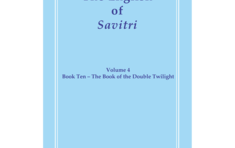
The English of Savitri Volume 4
-
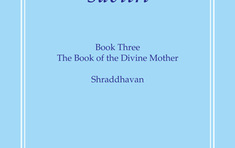
The English of Savitri Volume 2
-

The English of Savitri Volume 1
-
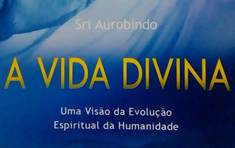
The Life Divine - translated into Portuguese
-
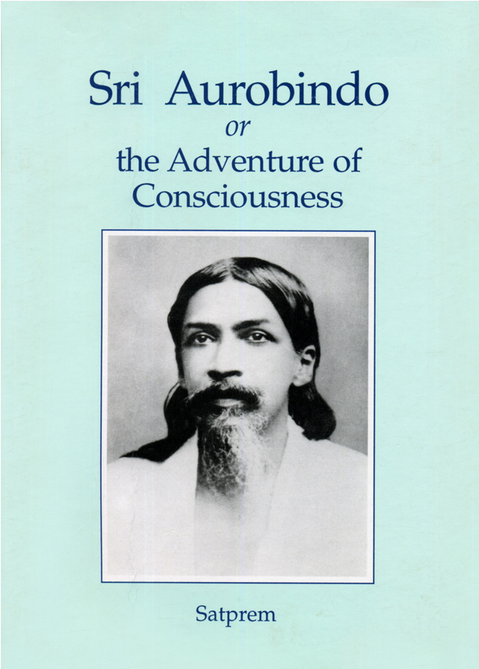
Sri Aurobindo or The Adventure of Consciousness
-
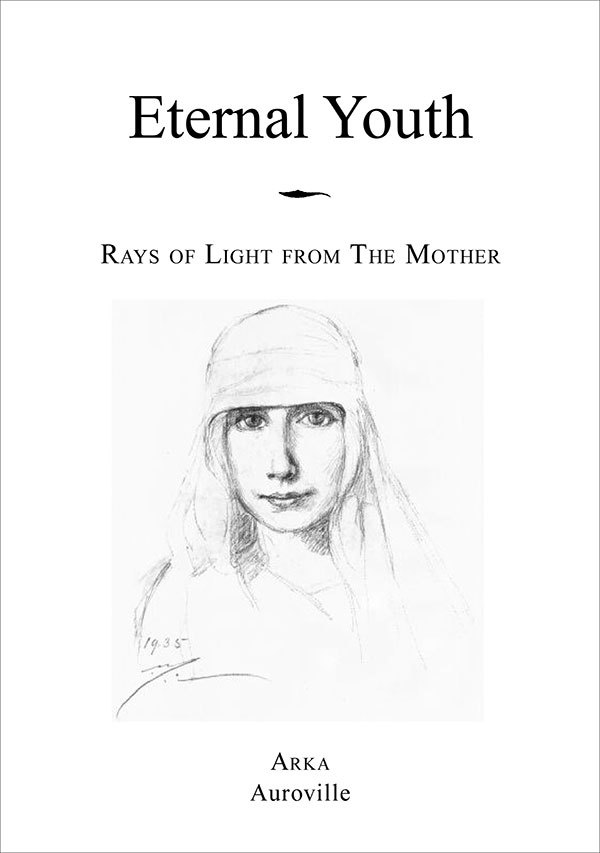
Eternal Youth
-
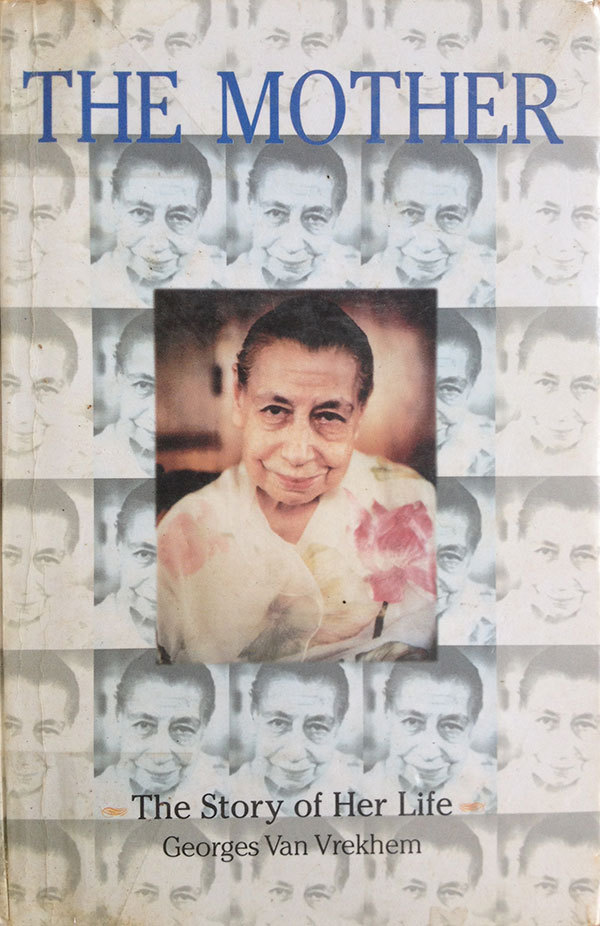
The Mother: The Story of Her Life
-
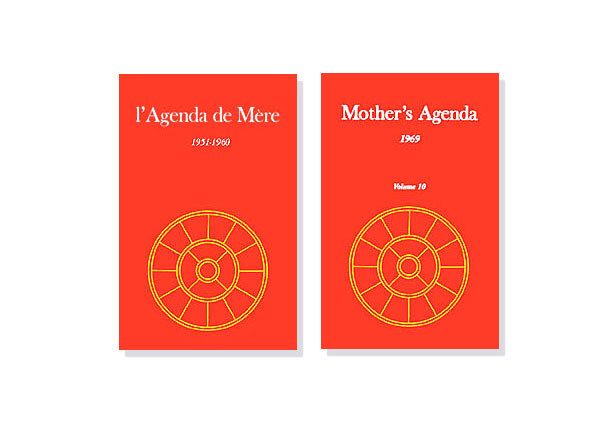
Mother's Agenda
-
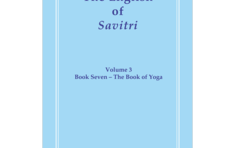
The English of Savitri Volume 3
-

The Gunas - The Three Modes of Nature
